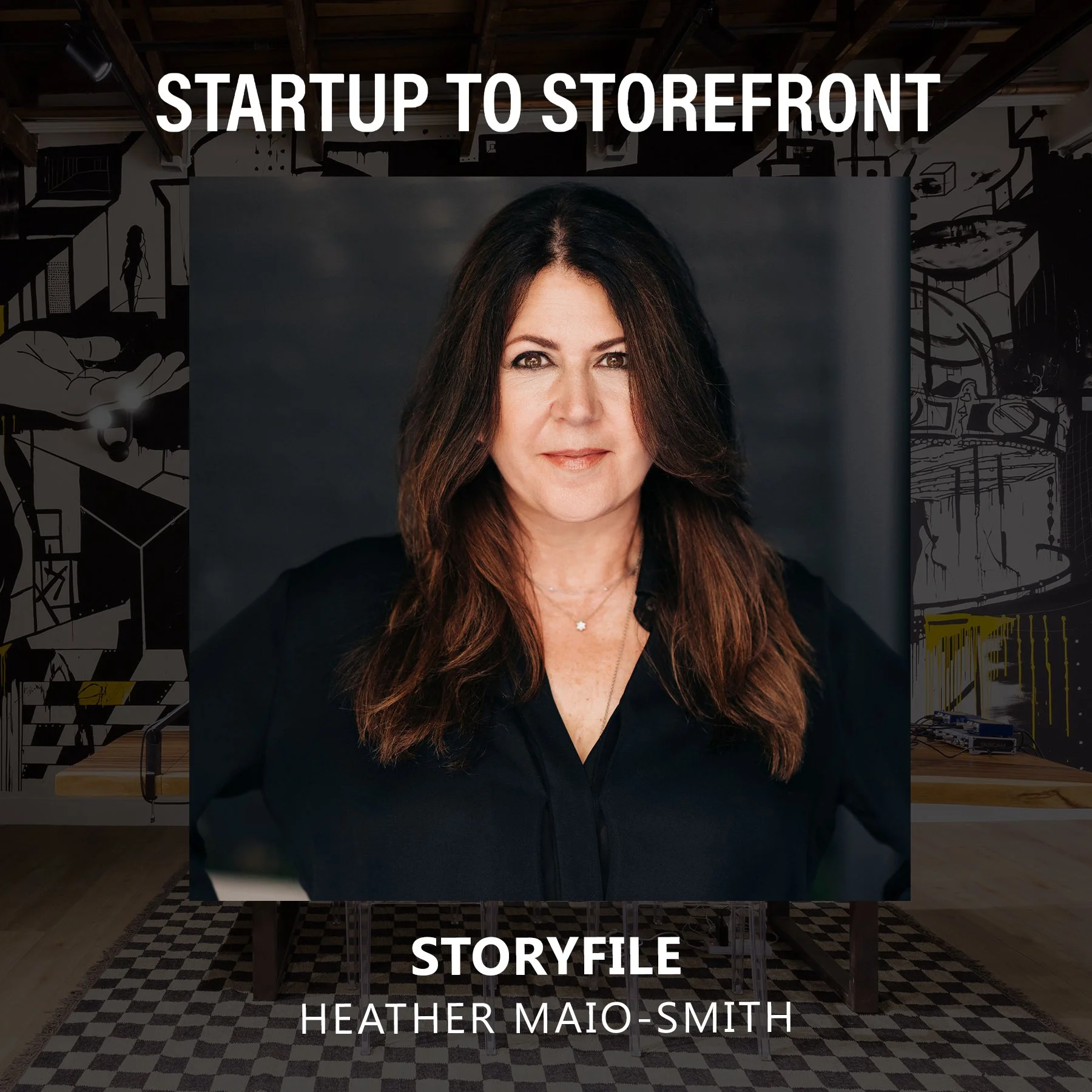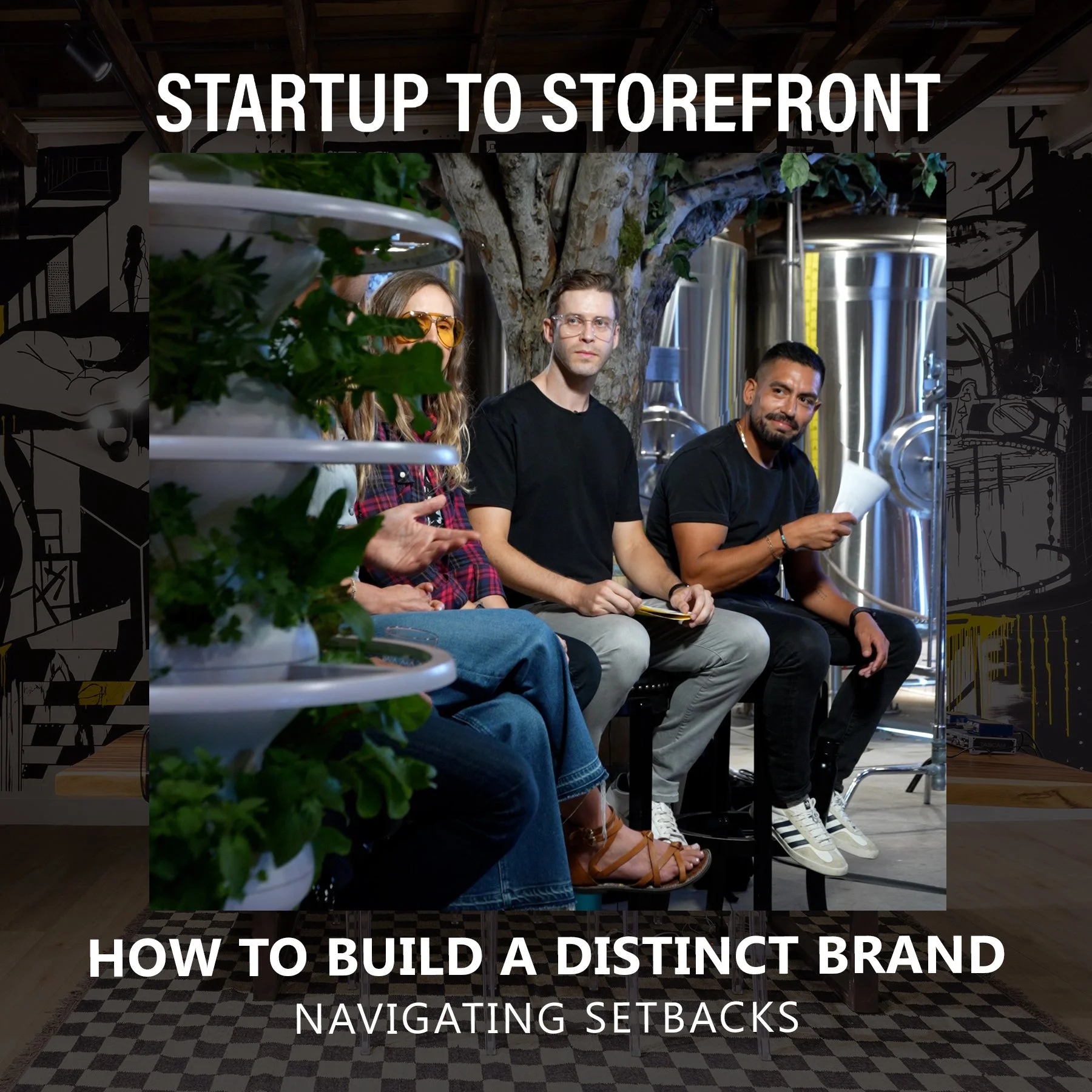For the first time, the average age to have kids has surpassed 30. Children are getting more expensive, people are living longer, and potential parents are focusing more on their careers. This poses a unique, but severe personal problem. The older people get, the more likely they are to have pregnancy complications. The solution is to freeze the eggs, but that’s expensive, and not top of mind for those in their 20s. CoFertility is creating an ecosystem that lowers the cost and increases the accessibility of egg donation. In todays episode we talk with Lauren Makler, the co-founder of CoFertility, about:
Why doctors are twice as likely to face infertility as the general public
Launching Uber in States Across the Country
How CoFertility is Reducing the Cost of Egg Donations













